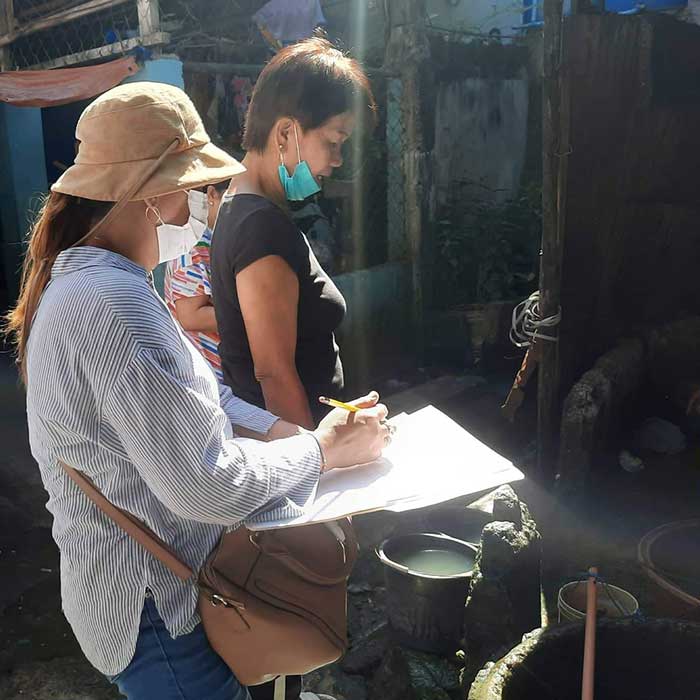
By Joseph B.A. Marzan
Doctors from the Iloilo City Health Office (ICHO) cautioned that the lower trend in daily average cases of acute gastroenteritis (AGE) should not be taken as a sign that the current outbreak will be going away soon.
Data from the ICHO’s City Epidemiological Surveillance Unit (ICHO) as of Sept. 14, 2022, indicated that the city currently has a total of 556 AGE cases (36 active, 509 recovered, and 11 deaths), with 7 new cases confirmed on Tuesday.
Cholera cases remained at 12, the ICHO data also showed.
ICHO chief Dr. Annabel Tang shared that the average number of cases between September 8 to 14 was around 15 cases per day, compared to the first week of the month which was at 35 per day.
She said that this was due to several factors like the city government’s campaign against AGE and cholera, among others, but they were not yet confident that cases will decrease soon.
“We haven’t established a [clean] water source and we’re still ensuring that people would be provided access to safer water supply. Hopefully, we would like to see that it would go down every day, up to the point where it all goes away,” Tang said in a press conference.
“We cannot give assurance that we are okay, it’s because we haven’t properly established access to water. We are continuing to push for the best strategies,” she added.
As to the delay in confirmations of test results, Tang said that they are unable to capacitate their personnel yet due to the unavailability of Research Institute for Tropical Medicine (RITM) experts who will conduct the trainings.
Rectal swab samples are sent by the CESU to RITM in Muntinlupa City to confirm the presence of bacteria which cause AGE and cholera, among other diseases.
The RITM previously capacitated other laboratories across the country for coronavirus disease 2019 (COVID-19) confirmatory testing, including the Western Visayas Medical Center in Mandurriao district.
“We have already tried coordinating with the RITM at this time, but the RITM wishes that they be the one to do the confirmatory tests at this time because they may have a lot for us to train about, and with more equipment to use for [AGE and cholera testing],” she said.
CESU head Dr. Marigold Calsas suggested, however, that they follow the lead of the Iloilo Mission Hospital in observing cholera cultures from fresh stool between 48 to 72 hours, which is also considered by the RITM as equal to a confirmatory test.
As to the water supply in schools, the city government has been coordinating with Metro Pacific Iloilo Water, the city’s water distributor, but the ICHO has also been reminding some schools to clean and chlorinate their deep wells in the meantime while connections are still unavailable.
In a bid to prevent future AGE and cholera outbreaks, City Councilor Alan Zaldivar on Wednesday proposed to amend City Regulation Ordinance No. 2012-402 or the ordinance regulating ambulant or roving street-level vendors.
In addition to the current requirements of a business license plate and health cards from the ICHO to be worn on their clothing at all working times, they would now also be required to wear sanitary gloves, head and face gear, and aprons when preparing and serving food.
Zaldivar clarified to the media after the city council’s regular session on Wednesday that this would also include temporary stalls which are allowed to prepare and serve food during festivals, in anticipation of the Dinagyang Festival in January 2023.





















